Apple executive Elena Segal said that a free Apple Music tier would get more users, but advertising revenues from it couldn't support artists and musicians — and stands in violation of Apple's privacy policies.
Elena Segal, Apple Music's Global Director of Music Publishing
In a new UK streaming music inquiry, Apple Music's global director of Music Publishing, Elena Segal, has repeated Apple's position on the importance of supporting artists. She maintains that Apple is "absolutely happy" to discuss changes, but won't switch to a free, ad-supported model.
"I think more people would probably be using Apple Music [if it were free]," Segal said to the UK's Digital, Culture, Media and Sport (DCMS) committee. "It wouldn't change our service. [But we] don't think that an ad-supported service can generate enough revenue to support a healthy overall ecosystem. And it would also really go against our fundamental values on privacy."
As reported first by Music Ally, Segal further argued that Apple Music is now, and iTunes was, competing with free services. "And competing with free is always very difficult, because consumers have a choice to move to free."
"It's challenging to complete on an un-level playing field," she continued. "[Free services] don't necessarily have licences for all of the music that they use, and they don't need to. And even if they do have licences, the amount they pay because of the way their business model is set up, and the way the tariffs work, is less."
The UK committee is exploring how equitable streaming payments are, or can be made to be in future. Segal claimed that Apple has not only supported artists, but also "gone further than anyone else in trying to ensure money flow" from streaming to rights owners.
"There have been numerous ways in which there were complications moving to a legitimate digital world," she said. " You had lots of players who just were not ready for it in terms of receiving money and dealing with the money."
"We've worked really hard to push people to work with us on processes that enable money flows as best as possible from us on the composition side," continued Segal. "For example from us to collecting societies to songwriters. We've done that because we don't want to hold on to the money. We want the money to get to the people it's supposed to get to."
Speaking to the committee's central point about equitable payments, Seqal said Apple wants to see fair conditions, but also that it remains complicated.
"Equitable is a very complex term," she said. "Reasonable people can disagree on what equitable means."
"Yes, we're absolutely happy for the discussion from our standpoint," she continued. "Artists should be paid for their work. Creators should be paid for their work. We're absolutely happy to have any discussion on what is and is not equitable. Because it's not a straightforward question."
"From our standpoint, the most important thing is to have a healthy overall creative ecosystem that's sustainable into the long term," she said.
Segal's full discussion with the UK's DCMS, along with representatives from both Spotify and Amazon, can be watched on the Parliament Live TV site. The committee's inquiry continues.
Apple has continually defended its payments to artists over Apple Music, claiming shortly after the service launched in 2015, that more than 70% of revenues go to rights owners. That was said to be more than rival services pay, and later reports backed up Apple's claim that it pays more than Spotify.
 William Gallagher
William Gallagher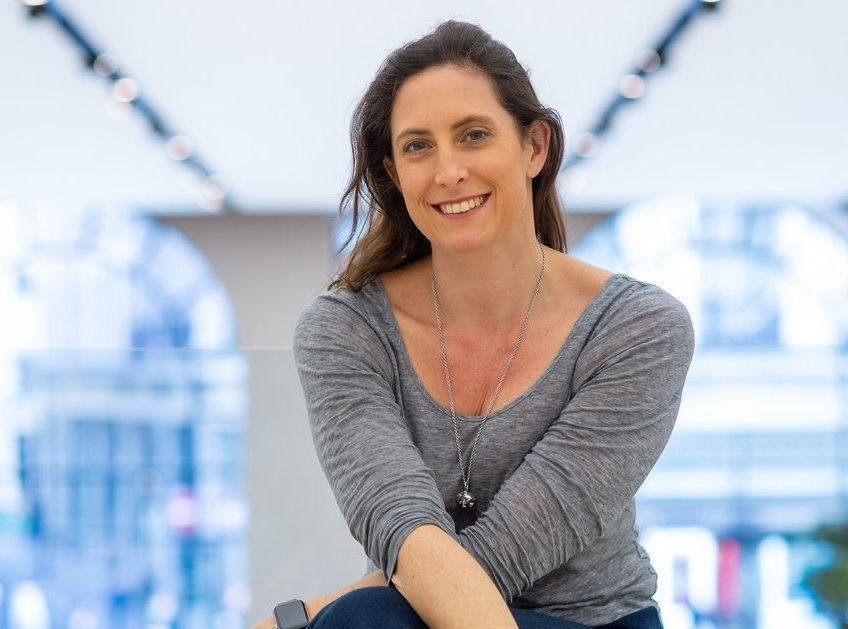
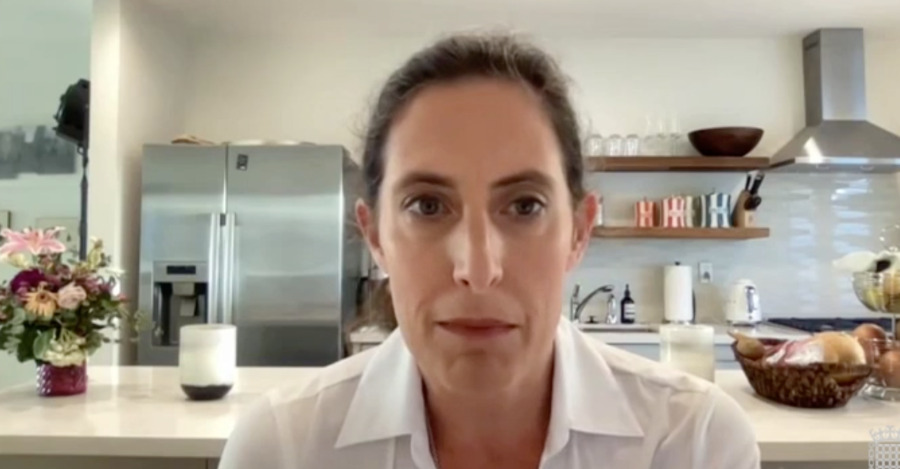







-m.jpg)






 Malcolm Owen
Malcolm Owen

 Amber Neely
Amber Neely

 Wesley Hilliard
Wesley Hilliard
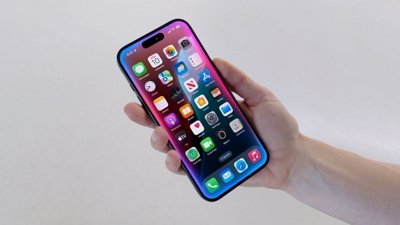
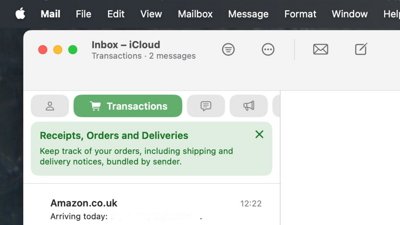

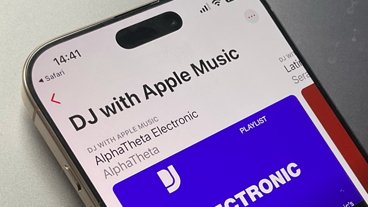






2 Comments
...and yet they still insert ads into the paid News+ subscription news feed.